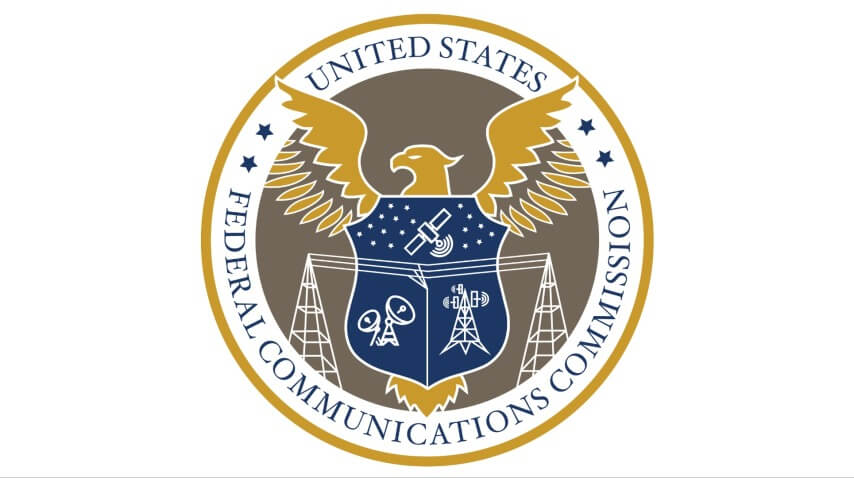A decision on any of these rules could have major ramifications for an industry caught up in merger madness. Paramount (which owns CBS) is already reportedly considering a merger with Warner Bros. Discovery; imagine if it also gobbled up NBC (whose parent company, Comcast Universal, is already spinning off cable assets). It would certainly be a good way for the Ellisons to help their pal Donald Trump by taking Jimmy Fallon and Seth Meyers off the air. The late night wars are all tangled up in these decisions, as broadcasting companies like Sinclair and Nexstar need the FCC to loosen these rules in order to get their own mergers through. Though both companies have denied being influenced by the FCC in their boycott of Jimmy Kimmel Live!, it’s all too easy to draw a connection there.
But encroaching fascism and the dark side of consolidation is not the only issue at hand. Streaming has severely weakened broadcast television, and consolidation may be the only way for the format to survive. The same can be said for local TV and radio stations. When satellite companies Dish and DirecTV considered a merger last year, MoffettNathanson analyst Craig Moffett observed, “At the end of the day, you’re better off with one than none. And neither one is going to survive very long on their own. And to be fair, even putting them together is not going to change the trajectory of the business.”
With broadcasting’s existential crisis at hand, even the lone Democrat on the FCC, said the commission should consider “modifications to current rules that would both shore up the economics of broadcast television and preserve the public interest” (per Reuters). “We intend to take a fresh approach to competition by examining the broader media marketplace, rather than treating broadcast radio and television as isolated markets,” FCC Chair Brendan Carr said on Tuesday. “If we determine that any rule no longer serves the public interest, we will fulfill our statutory duty to modify or eliminate those rules.” The FCC has since suspended operations amid the government shutdown, furloughing 81 percent of its staff until things resume.

 Keep scrolling for more great stories.
Keep scrolling for more great stories.
